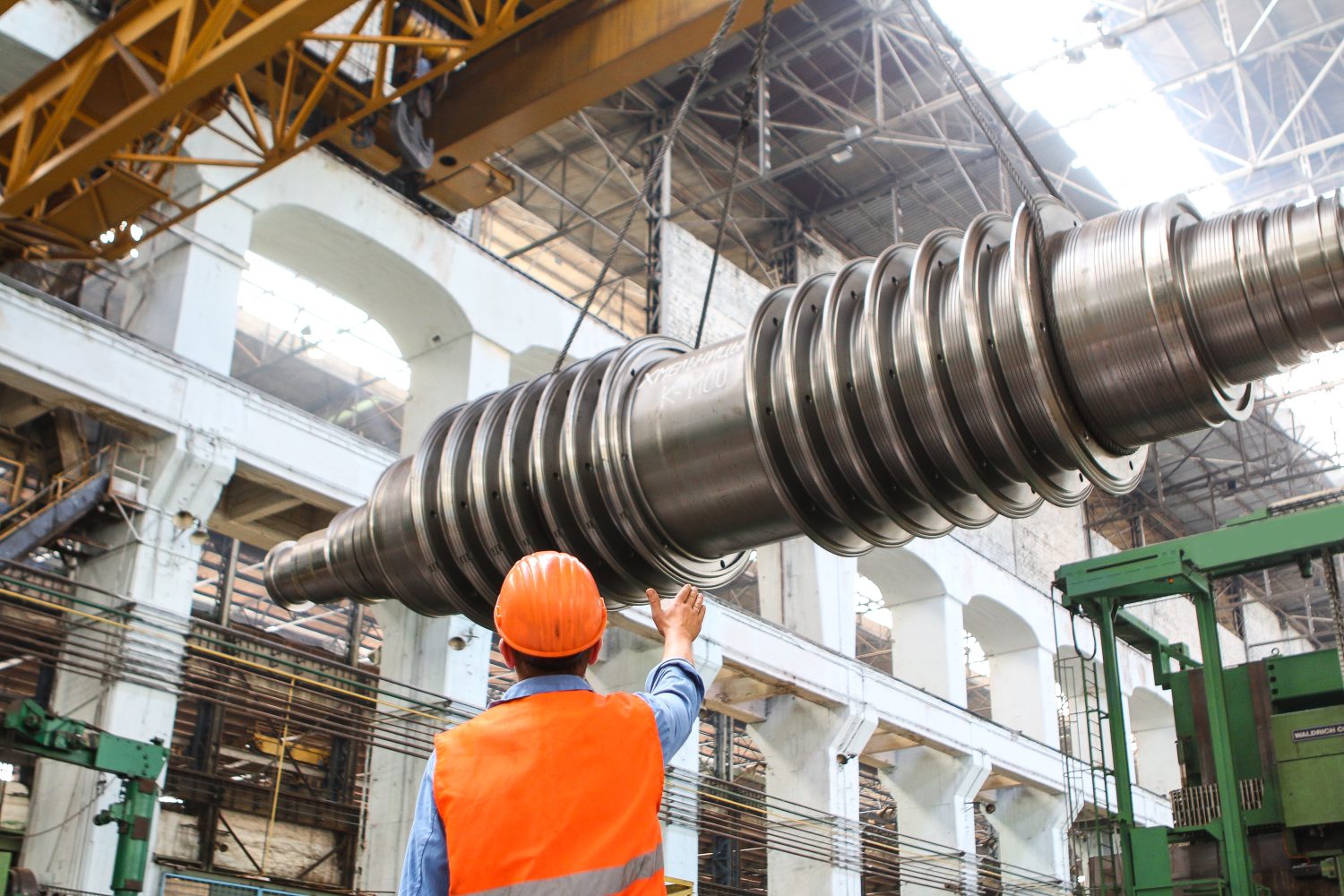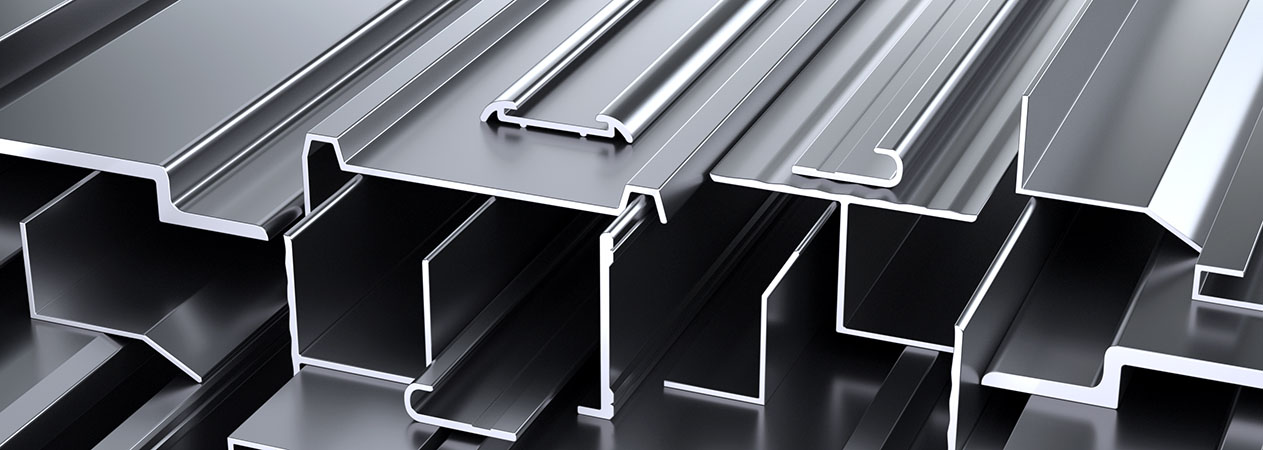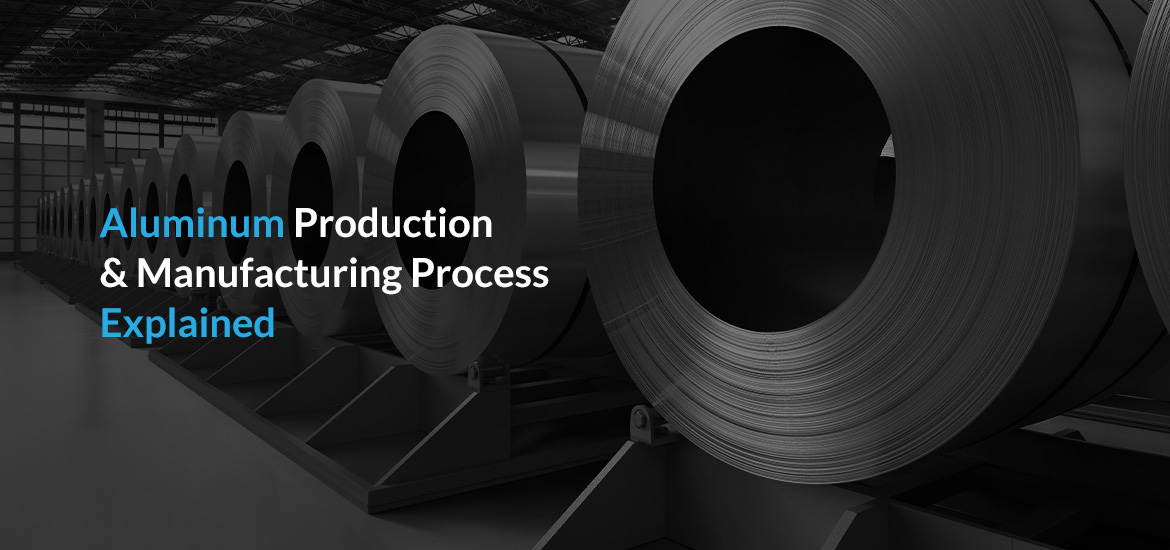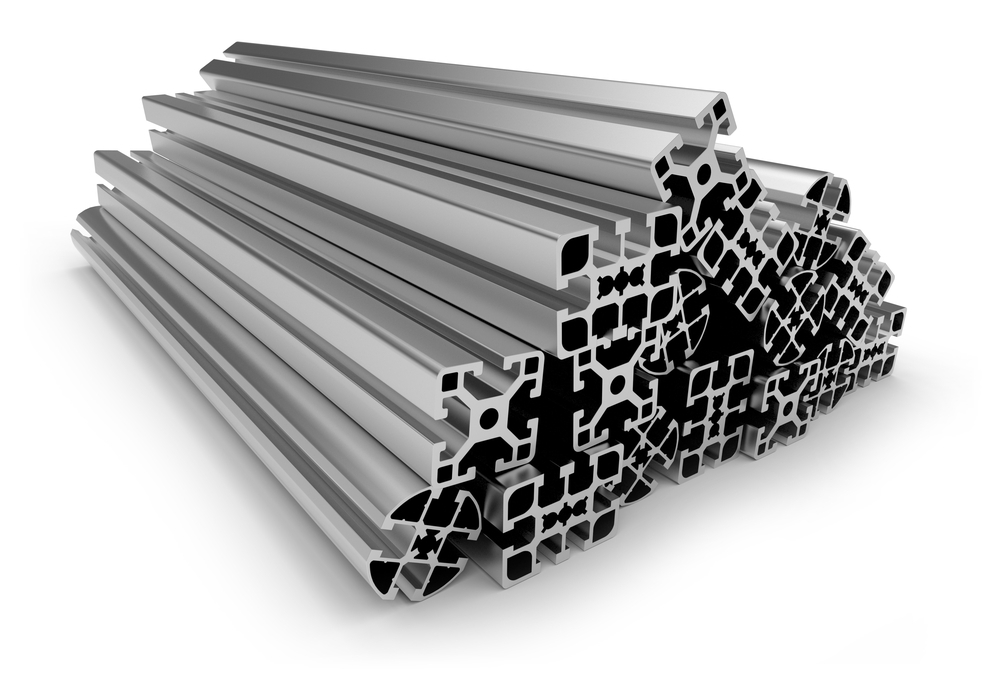
As the world looks to make more sustainable decisions, one option that has emerged is aluminum. Eco-friendly aluminum offers a number of advantages over its traditional counterparts, making it an increasingly attractive choice for those looking to reduce their environmental impact. Aluminum is stronger and lighter than other metals, which makes it perfect for many applications where durability and weight are important considerations.
It is also highly recyclable, meaning that instead of ending up in a landfill after just one use, aluminum can be reused again and again with minimal energy input required each time. Additionally, producing new aluminum requires far less energy than producing other materials such as steel or plastic – making it much more eco-friendly in terms of production process too! With so many benefits associated with choosing eco-friendly aluminum solutions over others, this article will explore why this material should be your go-to when looking to make sustainable decisions.
Introduction to Eco-Friendly Aluminum

Source: eagle-aluminum.com
Aluminum is widely regarded as an essential and sustainable material for our current and future needs. Already widely used in the automotive, aerospace, packaging and construction industries, aluminum has become a go-to resource when looking to reduce our environmental footprint.
But what makes aluminum eco-friendly? How can this metal be responsibly sourced and produced to minimize its impact on the environment? This article will introduce you to the world of eco-friendly aluminum production and consumption – examining how it benefits us both now and into the future.
Benefits of Eco-Friendly Aluminum
When it comes to sustainable solutions, eco-friendly aluminum is becoming increasingly popular. This metal has a number of benefits for both the environment and consumers alike.
Aluminum is one of the most abundant elements on Earth and can be recycled over and over again without any loss in quality or performance. The production process uses significantly less energy than other materials such as steel which makes it an ideal choice for those looking to reduce their environmental impact.
Additionally, its lightweight characteristics make it perfect for use in transportation applications, resulting in reduced fuel consumption and emissions from vehicles. It also does not corrode or rust like many other metals, allowing products to last longer with minimal maintenance required.
Finally, due to its versatile nature, aluminum can be used in a wide variety of industries including aerospace engineering, automotive manufacturing and construction – making it both cost effective and reliable solution when seeking out sustainable materials that are good for the planet.
Manufacturing Process for Eco-Friendly Aluminum

Source: www.harboraluminum.com
Manufacturing eco-friendly aluminum is a sustainable solution that has numerous benefits to the environment. The process for transforming raw materials into this material involves several steps and technologies, all of which are designed to ensure maximum efficiency and minimal environmental impact.
The first step in the manufacturing process is melting down the aluminum ore at extremely high temperatures using electricity or natural gas as fuel sources. This molten aluminum can then be shaped into various forms through casting, extrusion, forging or rolling processes. Additionally, other materials such as magnesium, silicon and copper may be added during this stage in order to create an alloy with different properties than pure aluminum.
Next, heat treatment is often used on these finished products to improve their strength and hardness by deliberately introducing thermal stresses within them. This creates a stronger end product while still minimizing any waste generated during manufacturing.
Finally, surface treatments such as painting or coating may also take place prior to shipment of the final product in order to provide protection against weathering or corrosion over time. Throughout each stage of production careful attention must be given so that only environmentally friendly practices are utilized whenever possible such as reusing water or recycling scrap metal where applicable.
By taking these measures manufacturers are able to reduce their carbon footprint and increase sustainability without compromising on quality standards for their customers
Conclusion

Source: www.thomasnet.com
According to the article, Eco-Friendly Aluminum is a sustainable solution that will help reduce carbon dioxide emissions and protect our environment. It has been demonstrated that aluminum products are lighter than other materials such as steel, making them an ideal choice for a variety of applications including trailer aluminum extrusions. By using eco-friendly aluminum solutions in place of traditional materials, we can help reduce our environmental impact while also creating more efficient and cost-effective products.
In conclusion, Eco-Friendly Aluminum is an excellent option for businesses looking to increase sustainability efforts and minimize their environmental footprint.




